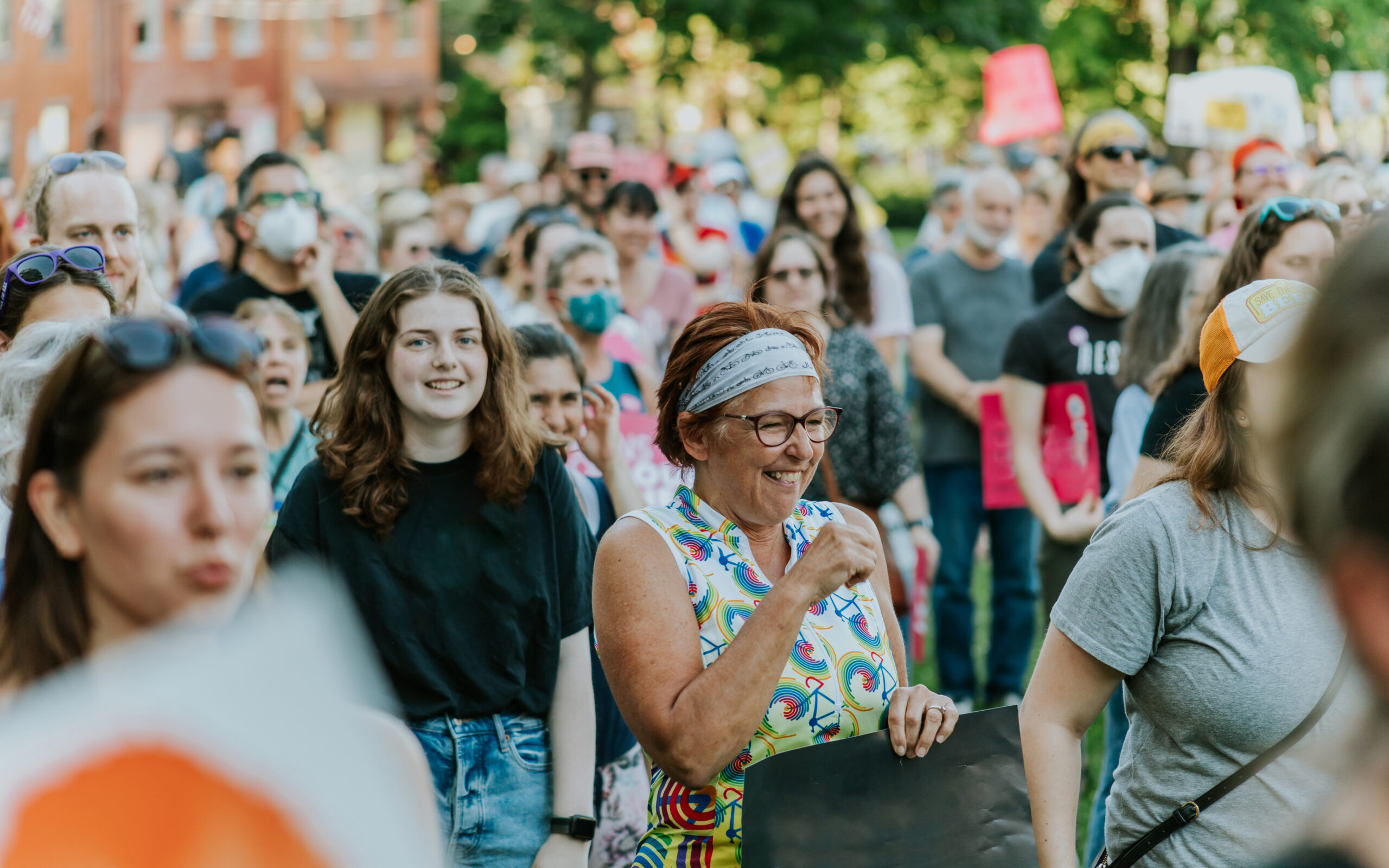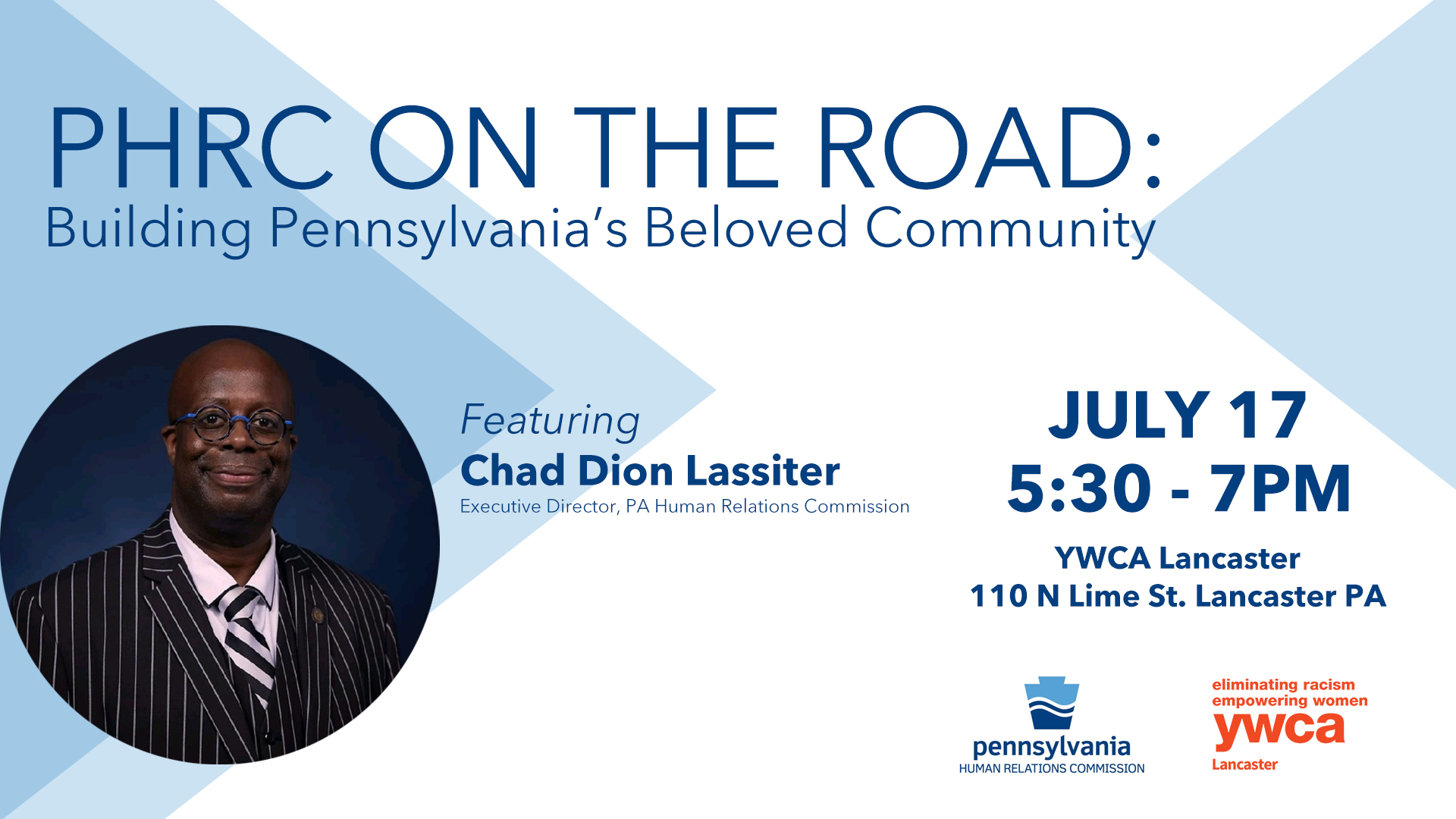
Welcome to 3 Big Questions, a new series where we uplift the voices and insight of our team!
This month’s 3BQ features Tess Feiler (they/she), our Equity Training Coordinator with our Center for Racial and Gender Equity. Tess is moving on from our team to their next adventure, will continue to partner with CRGE on antibias and antiracism trainings!
While YWCA Lancaster has been doing antiracism work for generations, you were part of the first generation of the Center for Racial and Gender Equity as it now exists, what do you think adding this center did for our mission?
I think that adding the Center provided a walk for our talk. The Center allowed us to put our values and mission around anti-racism into some serious action. I also think it met community needs as antiracism education was certainly a need for the populations within Lancaster who wanted to get to a more equitable place with their companies and organizations, but lacked the understanding of how to get there.
I believe, more importantly, that the Center also provided accountability for us, internally. How can we be practicing what we preach? It created opportunities for us to take a hard look at ourselves, and I hope that accountability continues to occur and that those opportunities continue to be taken advantage of.

What was something that has really challenged you about your time here, and something that gave you hope?
I don’t know if there were specific things that challenged me here, but maybe a better framing for it is how I was inspired to be a better person, colleague, friend, and co-conspirator.
I was inspired to be accountable and own my mistakes not from a place of shame but from perspective of love and liberation. One should strive to be accountable, in general, but I think especially working in the Center, accountability is necessary to personal and collective liberation.
I also gained a lot of perspective as well as an appreciation for nuance. To honor our beloved “felt, found, feel” activity: I used to feel like doing anti-oppression work was very clear-cut and easily laid out if one would simply follow the instructions. Then, I found out that there is no framework for being in real relationship with people, and that no community is a monolith. Now, I feel that it is important to break out of rigidity (and that those frameworks really only exist to provide an easier experience for those in positions of privilege and NOT how to actually love someone who has experienced harm). I learned how to honor space for nuance, love, and raw human feelings that transcend oppressive systems.
When I ponder on “something that gave [me] hope”, I think of how during dark seasons where I was experiencing a lot of loss and confusion and grief, I saw the power in our need as human beings for community. I felt hope in knowing there was support and that during times where I felt alone- personally and professionally- all I had to do was look around and realize I had people who wanted to support me. So, community. And love. That gave me hope.

What has your time here taught you about what is possible for the future of our community?
I think this is the most frustrating thing to me. How we have SO much capacity in the community of Lancaster- even across non-profits alone if we looked at it that way. We all have so much that we could do if we could own any and all harm we’ve caused, share and listen to what one another needs, identify the barriers and find creative solutions, and combine our resources and platforms to solve the problems…not for our own benefit, but for our collective benefit. Meeting so many leaders and community members across the county through my time here, I see how much potential our county has to do the things we want to see happen. We just have to get out of our own way, listen (REALLY listen) to the needs of the most vulnerable, and do the brave thing.
Learn more about our Center for Racial and Gender Equity


 For over two decades, the Race Against Racism logo has symbolized our commitment to unity, equality, and the fight against racism. Now, with your help, we’re taking the next step in our journey by selecting a new logo that captures the spirit of our event and reflects our shared values.
For over two decades, the Race Against Racism logo has symbolized our commitment to unity, equality, and the fight against racism. Now, with your help, we’re taking the next step in our journey by selecting a new logo that captures the spirit of our event and reflects our shared values.
































 “
“

 “
“